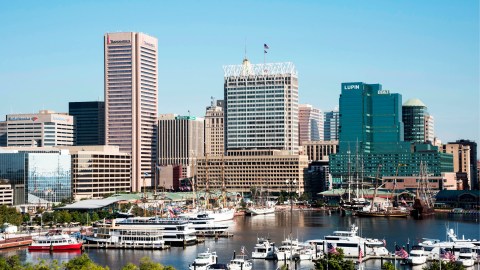A U.S. City is Practically Begging to Accept More Refugees

The Obama administration has committed to welcoming at least 10,000 Syrian refugees to the United States in 2016. The city of Baltimore has lost one-third of its population since 1950 and is struggling to attract new families in the wake of the Freddie Gray protests. You can probably guess where this is going.
Beverly Hills, it ain’t. But Baltimore is a whole lot better than Homs, and it’s one of the only U.S. cities with elected officials who are extremely eager to open the gates to Middle East refugees. Mayor Stephanie Rawlings-Blake, who last year established an Office of Immigrant and Multicultural Affairs, has gone on the record stating her dedication to making Baltimore among America’s most accessible cities for refugees, mostly through homebuyer grants and by easing them through the bureaucratic process:
“We are certainly supportive of refugees from Syria coming to Baltimore; this speaks to our deepest values as Americans. Baltimore City has been and will continue to be a beacon of freedom and opportunity for refugees seeking a home to grow and prosper.”
Poet and musical artist Saul Williams speaks on the many societal benefits of diversity and inclusion.




